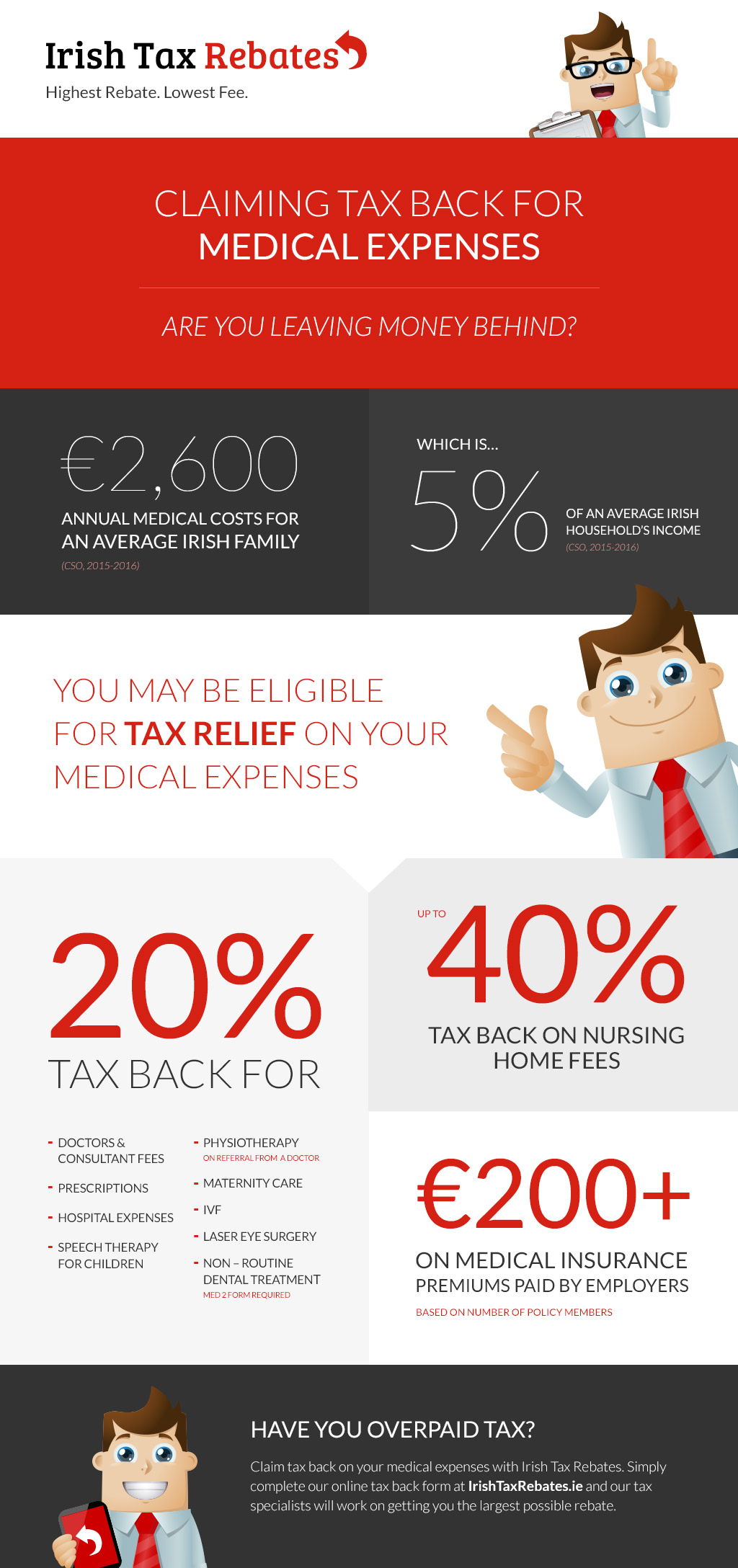Is SMILE Eye Surgery An Excellent Fit For You? Vital Insights And Factors To Assess
Is SMILE Eye Surgery An Excellent Fit For You? Vital Insights And Factors To Assess
Blog Article
Content By-Diaz Cochran
If you're pondering SMILE eye surgical treatment, contemplate this: are you prepared to accept possible aesthetic liberty, or does the thought of any kind of risks make you hesitate? Your decision will depend upon a mindful balance of considering the advantages versus the uncertainties. It's important to delve deeper into the subtleties of SMILE surgery to make an informed choice that aligns with your visual goals.
Understanding SMILE Eye Surgical Procedure
When considering SMILE Eye Surgery, it is necessary to comprehend the treatment and its advantages. SMILE, which stands for Tiny Cut Lenticule Removal, is a minimally invasive laser eye surgical procedure that corrects usual vision problems like myopia (nearsightedness).
Throughout the procedure, your eye doctor will certainly use a femtosecond laser to produce a tiny incision in your cornea. Through this incision, a small disc of tissue called a lenticule is removed, reshaping the cornea and remedying your vision.
One of the vital benefits of SMILE Eye Surgical treatment is its fast healing time. Several patients experience boosted vision within a day or two after the treatment, with very little pain.
Additionally, SMILE is recognized for its high success rate in offering long-lasting vision correction. Unlike LASIK, SMILE doesn't need the creation of a flap in the cornea, minimizing the risk of issues and enabling a more secure corneal structure post-surgery.
Understanding https://lanenhcwq.blogsidea.com/35477848/typical-post-surgery-questions-just-how-to-care-for-your-eyes-after-lasik and its benefits is crucial when taking into consideration SMILE Eye Surgery for vision modification.
Advantages and disadvantages of SMILE
Taking Into Consideration SMILE Eye Surgery for vision modification comes with numerous benefits and prospective drawbacks.
One of the main pros of SMILE is its minimally invasive nature, as it involves a tiny laceration and normally causes quick recovery times. Astigmatism LASIK Cost is also understood for creating very little discomfort and dry eye symptoms post-surgery contrasted to other vision improvement techniques. In addition, SMILE has actually been revealed to supply exceptional aesthetic results, with many individuals attaining 20/20 vision or better.
On https://cost-of-eye-lenses51738.bloginder.com/29853023/captivated-by-cataract-surgical-procedure-get-to-the-bottom-of-usual-misconceptions-and-misunderstandings-with-useful-understandings-from-an-ophthalmologist , a potential disadvantage of SMILE is that it might not be suitable for individuals with serious refractive errors, as the treatment array is rather minimal contrasted to LASIK. learn this here now is that the knowing curve for cosmetic surgeons carrying out SMILE can impact the schedule of seasoned providers in certain areas.
It is essential to consider these benefits and drawbacks meticulously when deciding if SMILE is the best choice for your vision correction demands.
Figuring Out Eligibility for SMILE
To determine if you're eligible for SMILE eye surgery, your ophthalmologist will perform a comprehensive assessment of your eye health and vision needs. During this assessment, aspects such as the stability of your vision prescription, the density of your cornea, and the general health and wellness of your eyes will certainly be assessed.
Normally, prospects for SMILE more than 22 years of ages, have a secure vision prescription for a minimum of a year, and have healthy corneas without problems like keratoconus.
Your optometrist will certainly additionally consider your overall eye wellness, any type of existing eye conditions, and your lifestyle requires to identify if SMILE is the best selection for you. It's essential to communicate any specific visual requirements or concerns you might have throughout this examination to make sure that the therapy aligns with your assumptions.
If you aren't eligible for SMILE, your optometrist may advise alternative vision modification alternatives that better suit your individual demands and eye health status.
Conclusion
Eventually, determining whether SMILE eye surgery is right for you requires careful consideration of your private eye health and aesthetic demands. Talk to your ophthalmologist to establish your qualification for the procedure and evaluate the potential benefits and drawbacks. Keep in mind to interact any concerns or concerns you might have during the analysis procedure to make an enlightened choice regarding your vision adjustment alternatives.
